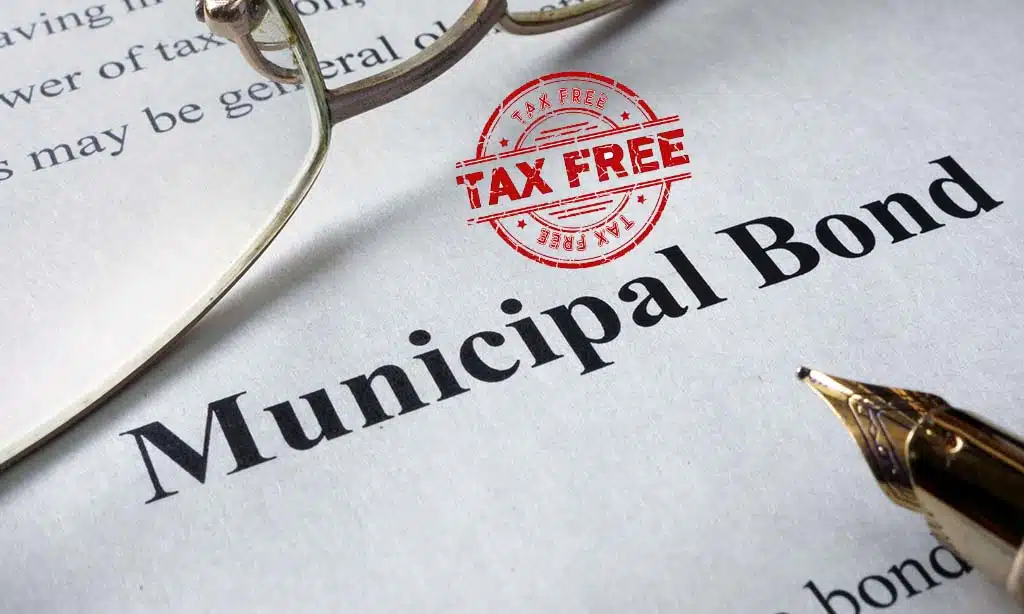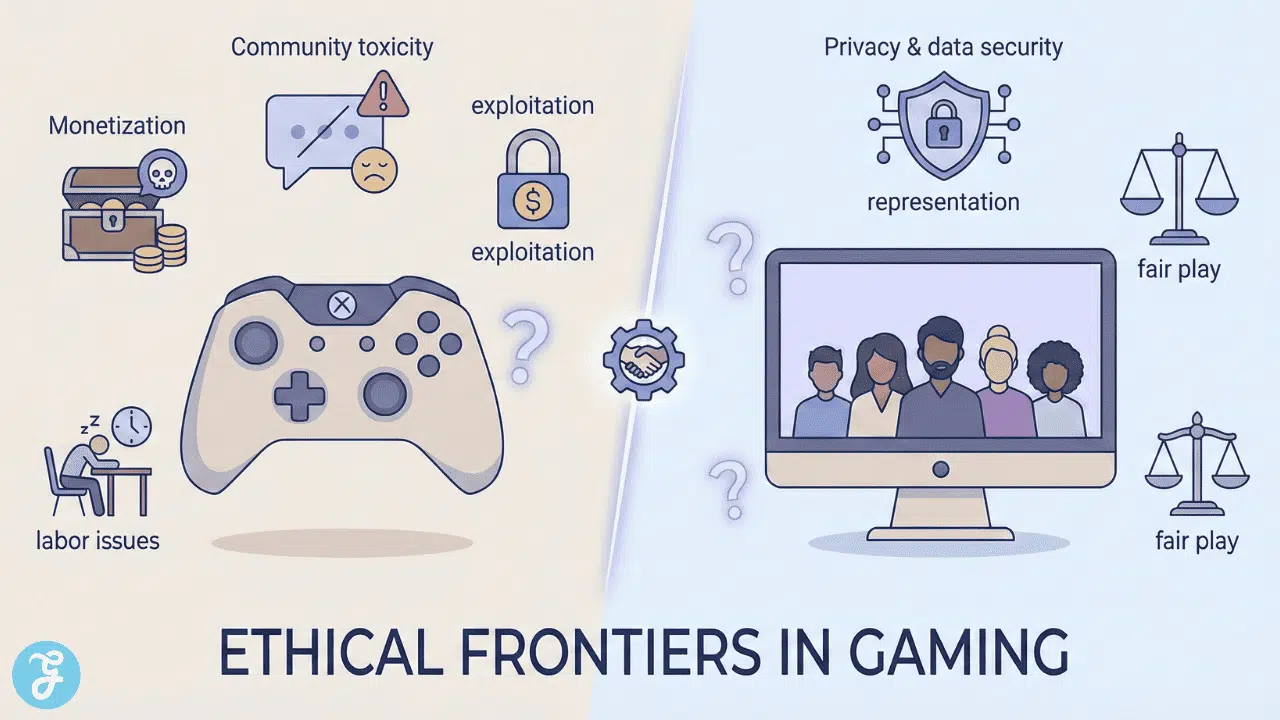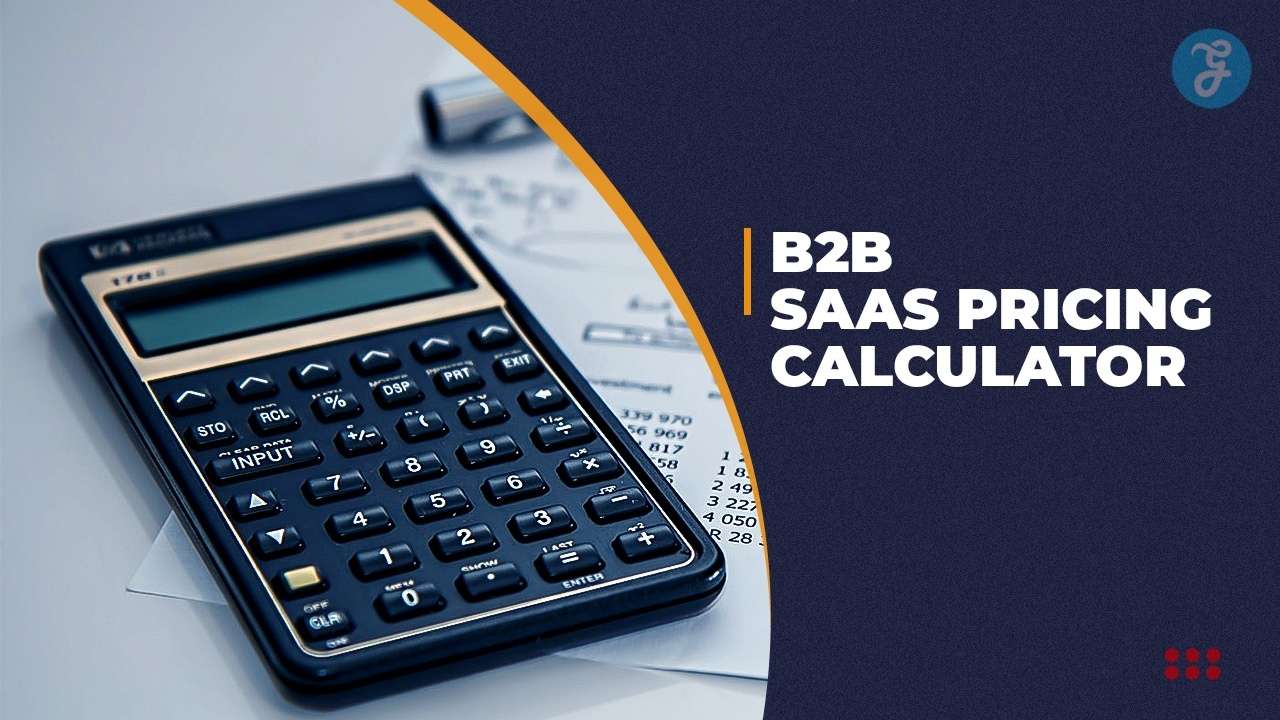Retirement is a time to relax and enjoy the fruits of your hard work, but managing taxes remains a critical aspect of maintaining financial stability. Many retirees in the USA face complex tax challenges, from Social Security taxation to Required Minimum Distributions (RMDs).
However, with the right strategies, you can significantly reduce your tax burden and stretch your retirement savings further.
In this comprehensive guide, we’ll explore 10 actionable tax-saving tips for retirees in the USA. Whether you’re drawing from Social Security, managing retirement accounts, or navigating medical expenses, these tips will help you keep more of your hard-earned money.
1. Understand the Taxation of Social Security Benefits
Social Security benefits are a vital source of income for many retirees, but their taxation can be a surprise if not planned for. Depending on your total income, up to 85% of your Social Security benefits may be taxable.
The IRS calculates this using “provisional income,” which includes your adjusted gross income, non-taxable interest, and half of your Social Security benefits. If your combined income exceeds specific thresholds, you may owe taxes on your benefits.
By understanding these thresholds and planning your withdrawals and other income sources strategically, you can reduce or even eliminate this tax burden. Proper planning ensures that you retain more of your benefits and avoid paying unnecessary taxes.
Key Strategies
- Limit additional income from taxable accounts.
- Consider withdrawing from Roth IRAs, as these are tax-free and won’t affect provisional income.
- Use a tax calculator to determine your threshold.
| Income Level | Taxable Percentage of Benefits |
| Below $25,000 (individual) | 0% |
| $25,000–$34,000 (individual) | Up to 50% |
| Above $34,000 (individual) | Up to 85% |
By managing your income sources strategically, you can reduce or even eliminate taxes on Social Security benefits.
2. Optimize Withdrawals from Retirement Accounts
Retirement accounts like traditional IRAs and 401(k)s offer significant tax advantages during your working years, but withdrawals during retirement are taxable.
Once you reach age 73, the IRS requires you to take Required Minimum Distributions (RMDs), which can increase your taxable income and push you into a higher tax bracket. By planning your withdrawals strategically—such as withdrawing from tax-deferred accounts before RMDs are required or converting to a Roth IRA—you can minimize the tax impact.
Roth IRAs, for instance, allow tax-free withdrawals and are not subject to RMDs. Effective planning helps you manage your retirement income while reducing taxes over time.
Key Strategies
- Withdraw from tax-deferred accounts before RMDs are required.
- Consider converting traditional IRAs to Roth IRAs to enjoy tax-free withdrawals.
- Spread withdrawals over several years to avoid large taxable amounts in one year.
| Account Type | Taxability |
| Traditional IRA | Fully taxable |
| Roth IRA | Tax-free |
| 401(k) | Fully taxable |
Careful planning ensures that your retirement withdrawals are tax-efficient, preserving more of your savings.
3. Use Standard Deduction for Seniors
Retirees aged 65 and older enjoy the advantage of a higher standard deduction, which significantly reduces taxable income.
For the 2023 tax year, single filers aged 65 or older can claim an additional $1,850, and married couples filing jointly can claim $1,500 extra per spouse. This higher deduction often makes it more beneficial for seniors to opt for the standard deduction rather than itemizing.
It also simplifies the tax filing process. Combining this with proper financial planning, such as timing medical expenses or charitable contributions, can maximize your deductions and further reduce your taxable income. It’s a simple yet effective way to save on taxes.
Key Strategies
- Opt for the standard deduction if it exceeds your itemized deductions.
- Combine medical expenses, charitable contributions, and other deductible expenses in a single year to maximize benefits.
- Keep track of eligible deductions to ensure you don’t miss out.
| Filing Status | Additional Deduction (65+ Years) |
| Single | $1,850 |
| Married Filing Jointly | $3,000 (for both spouses) |
This higher deduction is an easy way to lower your taxable income.
4. Take Advantage of Tax-Free Municipal Bonds
Municipal bonds, or “munis,” are an excellent tax-efficient investment option for retirees. These bonds offer tax-free interest income at the federal level and may also be exempt from state taxes if you invest in bonds from your state of residence.
This makes them particularly appealing to retirees in higher tax brackets who want steady income without the additional tax burden. Munis are also considered relatively safe investments, making them a low-risk option for preserving capital.
By including municipal bonds in your portfolio, you can generate consistent income while minimizing your tax liability. Consulting a financial advisor can help you select the best bonds to meet your financial needs.
Key Strategies
- Invest in municipal bonds from your state to enjoy state tax exemptions.
- Diversify your portfolio with munis to balance risk and return.
- Consult with a financial advisor to identify the best bond options.
| Bond Type | Tax Benefit |
| In-State Municipal Bonds | Federal and state tax-free |
| Out-of-State Municipal Bonds | Federal tax-free |
Municipal bonds offer a reliable, tax-efficient way to generate income during retirement.
5. Leverage Health Savings Accounts (HSAs)
Health Savings Accounts (HSAs) provide retirees with a tax-advantaged way to cover medical expenses. While contributions to HSAs are no longer allowed after enrolling in Medicare, existing funds can still be used tax-free for qualified healthcare expenses, including prescriptions, co-pays, and even Medicare premiums.
This makes HSAs an invaluable tool for managing healthcare costs during retirement. The triple tax advantage—tax-deductible contributions, tax-free growth, and tax-free withdrawals—makes HSAs one of the most efficient savings vehicles available.
By planning ahead and keeping detailed records of medical expenses, you can maximize the benefits of your HSA and reduce your overall tax burden.
Key Strategies
- Use HSA funds for out-of-pocket medical expenses to avoid taxable withdrawals.
- Keep receipts for medical expenses to substantiate withdrawals.
- Plan for large medical expenses to maximize tax-free benefits.
| HSA Feature | Tax Advantage |
| Contributions | Tax-deductible |
| Withdrawals for Medical Use | Tax-free |
| Withdrawals for Non-Medical Use | Taxable |
HSAs provide a triple tax advantage, making them one of the most tax-efficient tools for healthcare expenses.
6. Donate to Charities Using a Qualified Charitable Distribution (QCD)
Qualified Charitable Distributions (QCDs) are a smart way for retirees aged 70½ and older to fulfill their charitable goals while saving on taxes. QCDs allow you to donate directly from your IRA to a qualified charity, with the donated amount excluded from your taxable income.
This strategy is particularly beneficial for retirees subject to RMDs, as the QCD amount counts toward the RMD requirement. By lowering your adjusted gross income, QCDs can also reduce the taxes on Social Security benefits and Medicare premiums.
It’s an efficient and impactful way to give back to the community while managing your tax obligations effectively.
Key Strategies
- Limit QCDs to $100,000 per year to avoid penalties.
- Ensure the charity meets IRS eligibility requirements.
- Consult with your financial advisor before initiating a QCD.
| QCD Benefit | Impact on Taxes |
| Excluded from AGI | Lowers taxable income |
| Counts Toward RMD | Reduces mandatory withdrawals |
QCDs are a win-win for retirees looking to support charitable causes while saving on taxes.
7. Relocate to a Tax-Friendly State
Retirees looking to reduce their tax burden should consider relocating to a tax-friendly state. States like Florida, Texas, and Nevada have no state income tax, which means Social Security benefits, pensions, and other retirement income are not taxed at the state level.
Additionally, some states, like Pennsylvania, exclude most retirement income from taxation, providing even more savings. Before making a move, it’s essential to evaluate other costs, such as property taxes, sales taxes, and healthcare expenses, to ensure the relocation aligns with your overall financial goals.
Choosing a tax-friendly state can lead to substantial long-term savings and financial freedom during retirement.
Key Strategies
- Research states with no income tax, such as Florida, Texas, or Nevada.
- Compare state-specific retirement tax benefits.
- Consider property taxes, sales taxes, and the overall cost of living.
| Tax-Friendly States | Key Benefits |
| Florida | No state income tax |
| Nevada | No state income tax |
| Pennsylvania | Excludes most retirement income |
Relocating is a major decision, but it can lead to substantial tax savings over time.
8. Capitalize on Tax-Loss Harvesting
Tax-loss harvesting is a strategy that allows retirees to offset capital gains by selling investments at a loss. This method reduces taxable income and can be particularly useful for retirees managing taxable investment accounts.
For example, if you have capital gains from selling appreciated stocks, you can sell underperforming assets to offset those gains, thereby lowering your tax liability. Any excess losses can be carried forward to future tax years, providing ongoing benefits.
This strategy not only minimizes taxes but also enables you to rebalance your portfolio effectively. Working with a financial advisor ensures that you maximize the advantages of tax-loss harvesting.
Key Strategies
- Review your portfolio annually for underperforming assets.
- Use realized losses to offset both short- and long-term capital gains.
- Carry forward excess losses to future tax years.
| Scenario | Tax Benefit |
| Short-Term Loss | Offsets short-term gains |
| Long-Term Loss | Offsets long-term gains |
| Excess Loss | Reduces taxable income |
This strategy can help you lower your taxes while optimizing your investment portfolio.
9. Maximize Deductions for Medical Expenses
Healthcare expenses typically increase during retirement, but they also present an opportunity for significant tax savings. The IRS allows retirees to deduct medical expenses that exceed 7.5% of their adjusted gross income (AGI).
Eligible expenses include doctor visits, prescription drugs, dental care, vision care, long-term care insurance premiums, and even home modifications for medical reasons (e.g., wheelchair ramps). Many retirees overlook this deduction, missing out on potential tax savings.
By timing medical procedures and bundling expenses into a single tax year, retirees can exceed the deduction threshold and reduce their taxable income. Careful record-keeping is essential to ensure that all qualifying expenses are documented and claimed.
Key Strategies
- Schedule elective medical procedures in the same year to bundle costs.
- Keep detailed records of out-of-pocket expenses, including travel for medical care.
- Consider long-term care insurance premiums as part of your deductions.
| Medical Expense Type | Eligibility for Deduction |
| Doctor Visits | Deductible |
| Prescription Medications | Deductible |
| Long-Term Care Premiums | Deductible (subject to limits) |
| Home Modifications | Deductible (if medically necessary) |
By maximizing medical expense deductions, retirees can significantly reduce their tax burden and manage rising healthcare costs effectively.
10. Consult a Tax Professional
Tax laws can be complex and ever-changing, making it difficult for retirees to navigate them without expert guidance. Consulting a tax professional ensures that you make the most of available deductions, credits, and tax-saving strategies while staying compliant with IRS regulations.
A qualified tax advisor can help retirees optimize withdrawals from retirement accounts, minimize taxes on Social Security benefits, and plan charitable donations for maximum tax efficiency.
Additionally, tax professionals are well-versed in state-specific tax rules, which is particularly helpful for retirees considering relocation. While there may be a cost involved in hiring a tax advisor, the potential savings in reduced taxes often outweigh the expense.
Key Strategies
- Work with a Certified Public Accountant (CPA) or an Enrolled Agent (EA) specializing in retirement taxes.
- Regularly review your tax situation to adjust your strategies as needed.
- Stay informed about changes in federal and state tax laws through your advisor.
| Benefit of Tax Professionals | How It Helps Retirees |
| Expertise in Tax Laws | Identifies overlooked deductions |
| Optimized Withdrawal Strategies | Minimizes taxable income |
| IRS Compliance | Avoids penalties and audits |
A tax professional is an invaluable resource for retirees seeking to maximize their income and minimize their tax liability, ensuring a financially secure and stress-free retirement.
Takeaway
Retirement is a time to enjoy financial freedom, but managing taxes remains a critical part of preserving your wealth. By implementing these 10 tax-saving tips, retirees in the USA can significantly reduce their tax liabilities and maximize their income.
From understanding Social Security taxation to leveraging HSAs and municipal bonds, these strategies provide practical ways to stretch your retirement savings further.
Always consult with a tax advisor or financial planner to ensure that your approach aligns with your financial goals and tax situation. With proper planning, you can enjoy a secure and stress-free retirement.



































